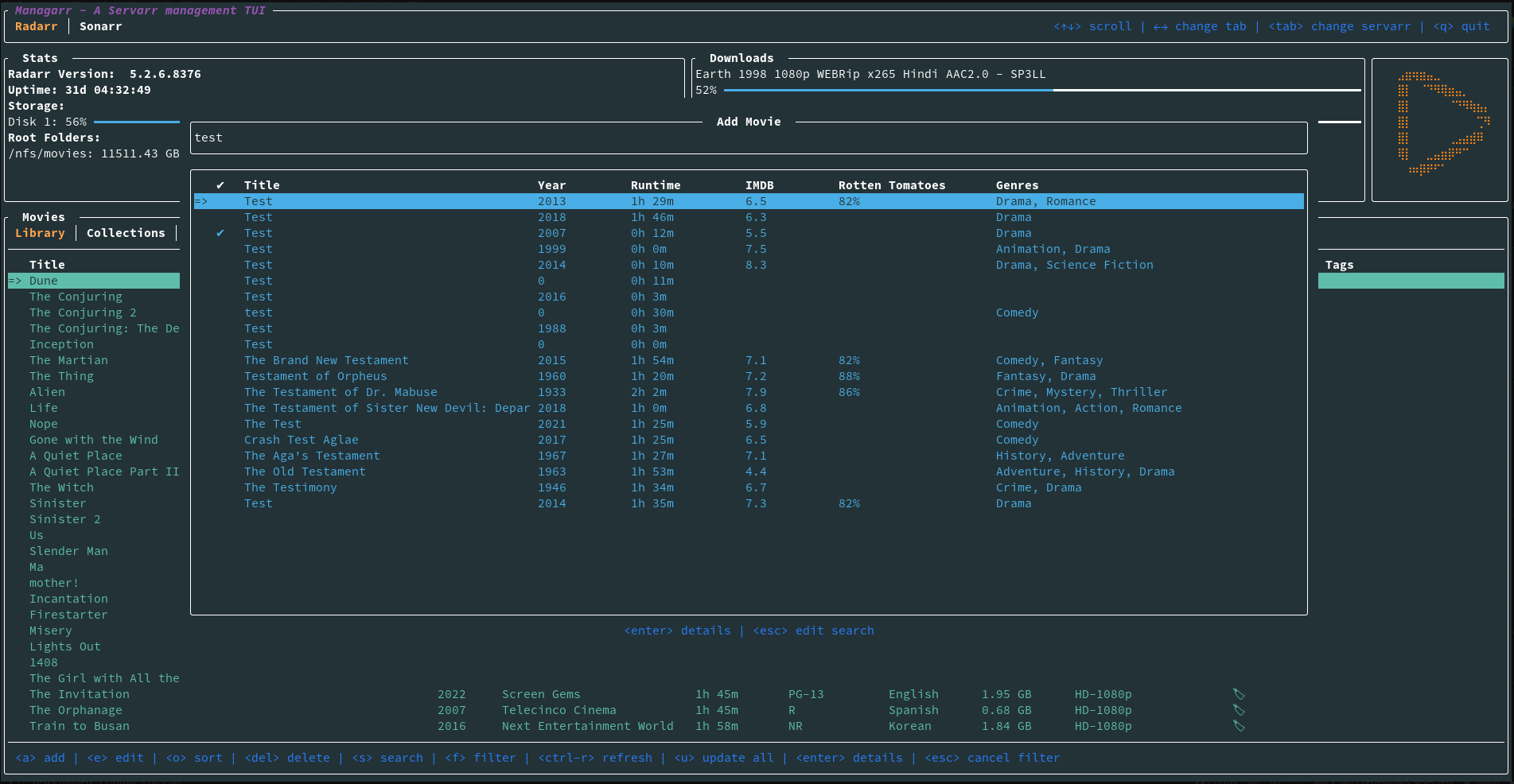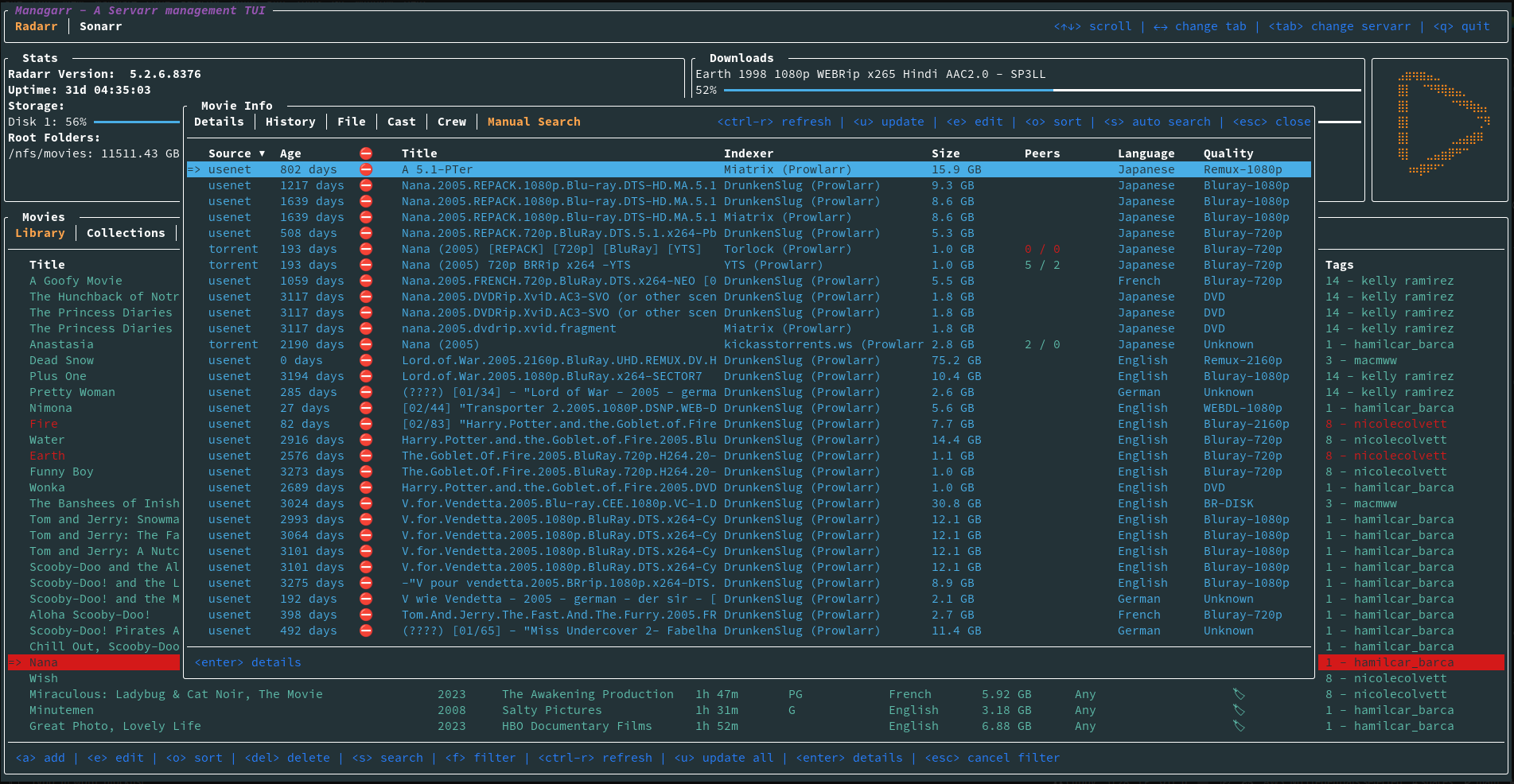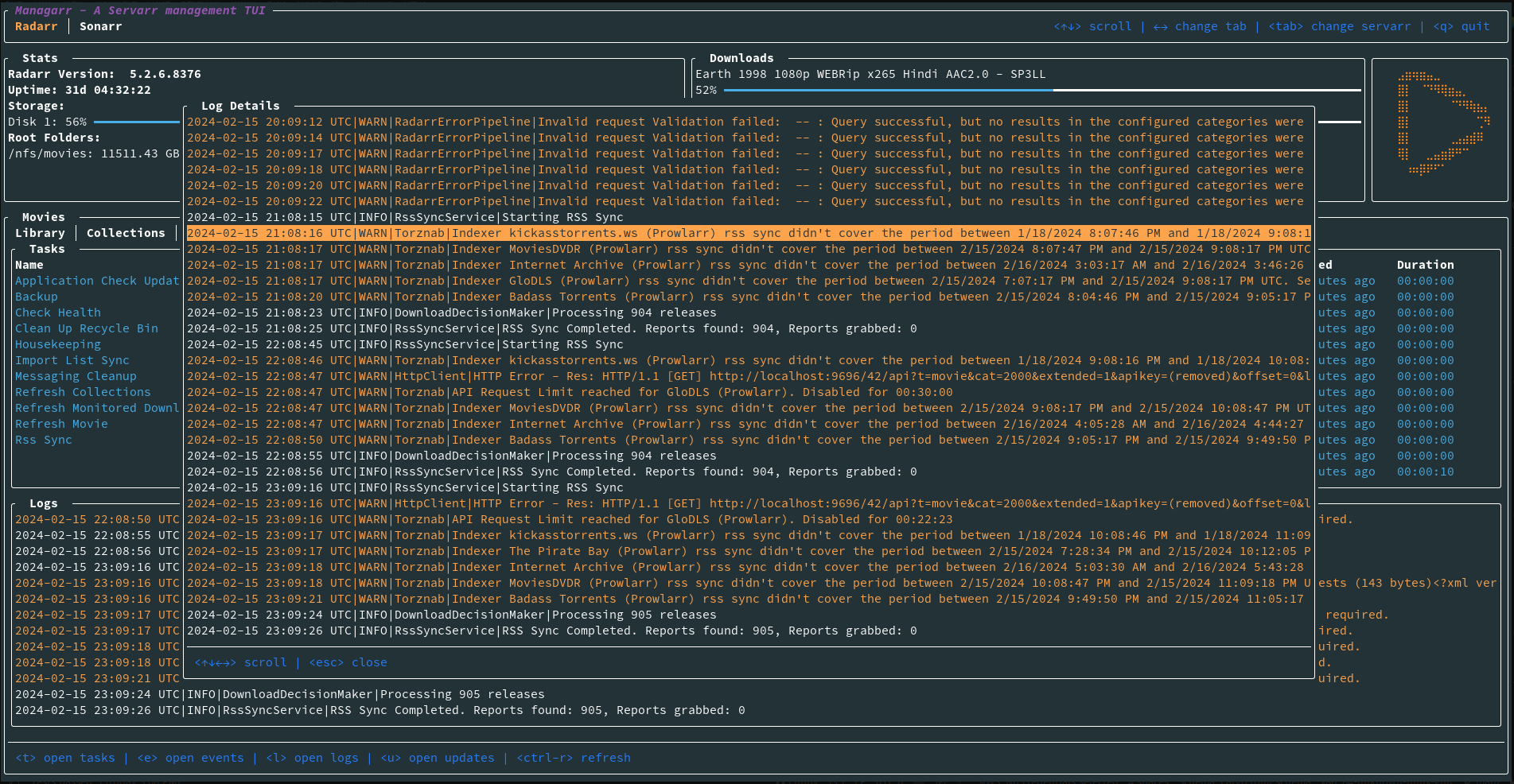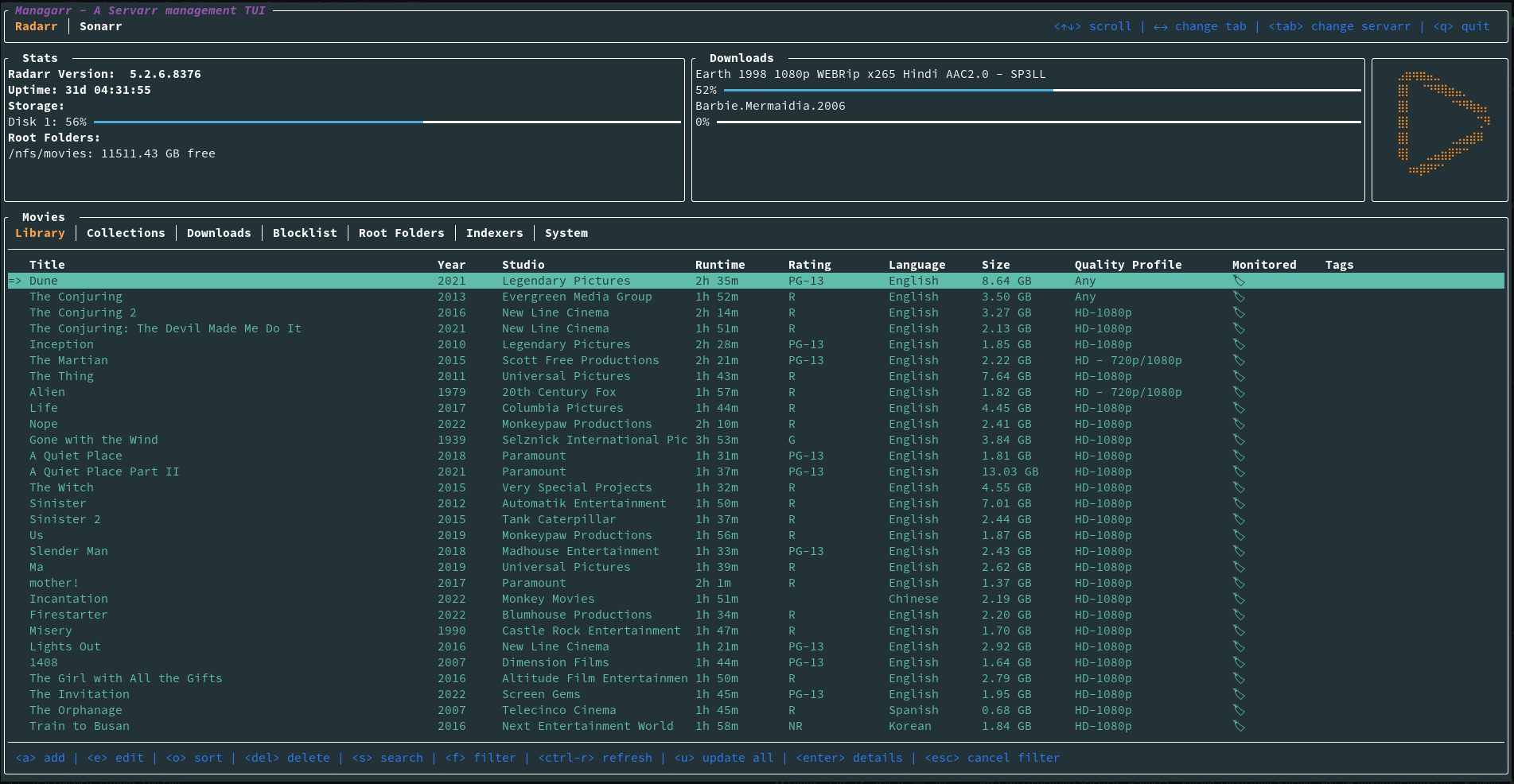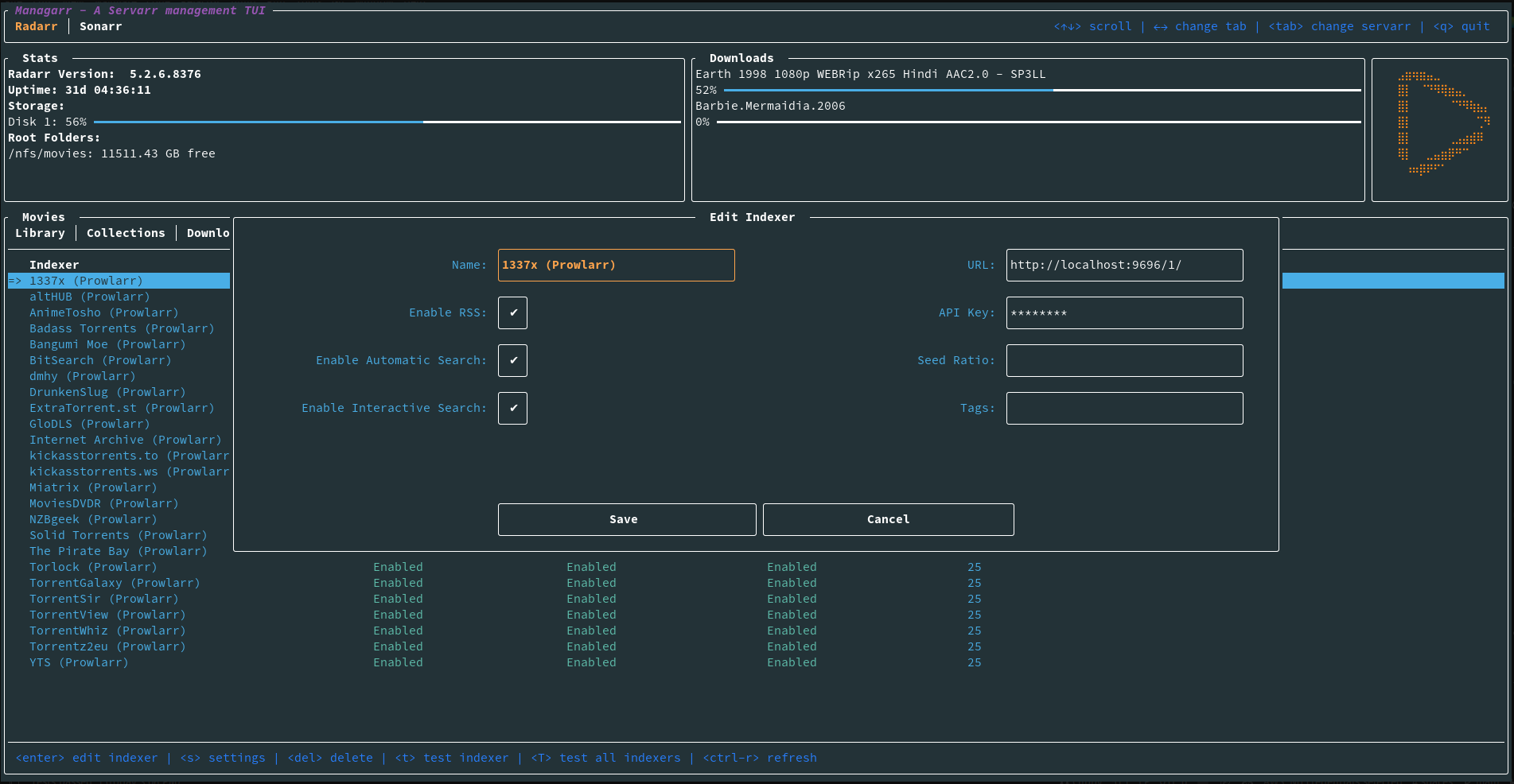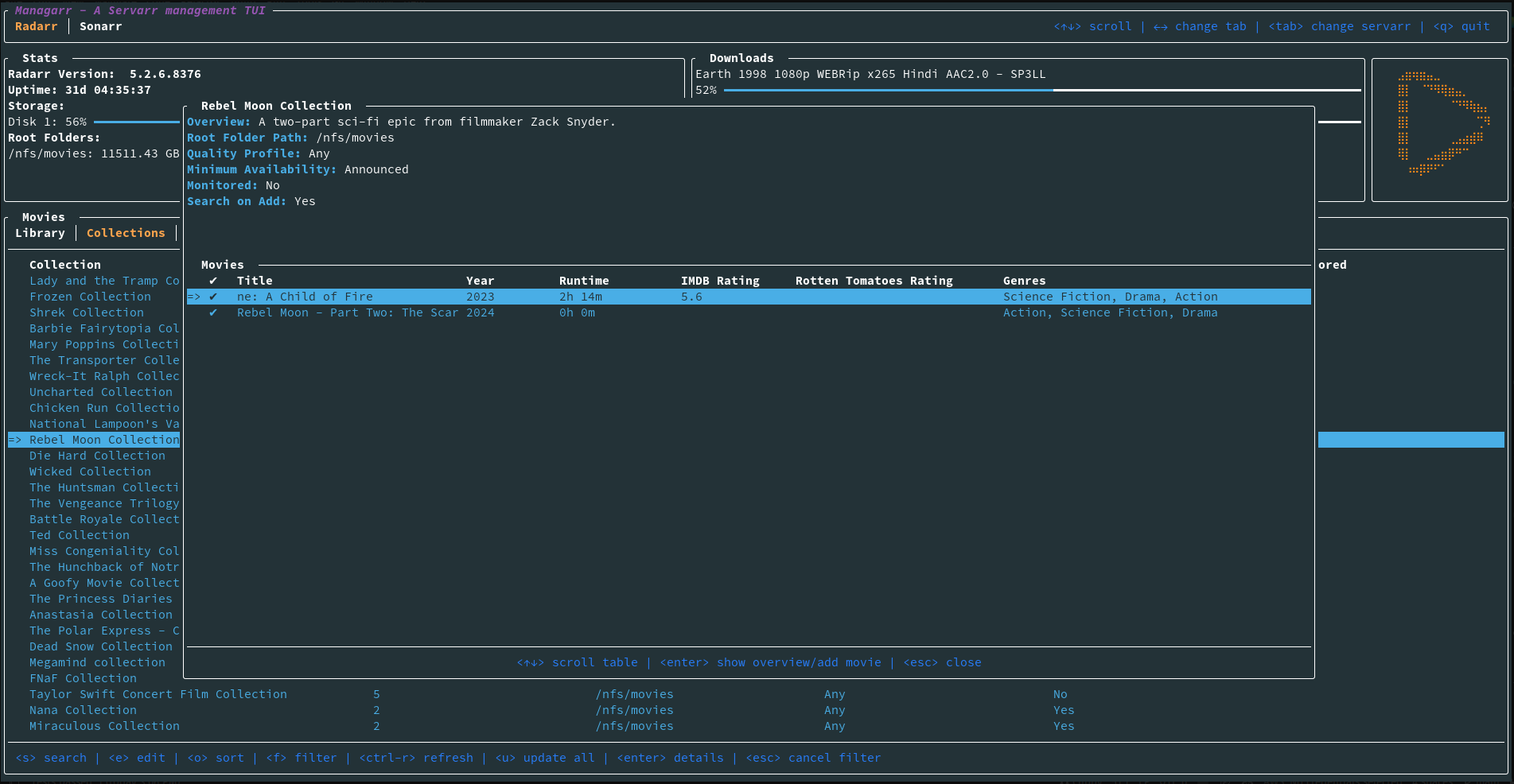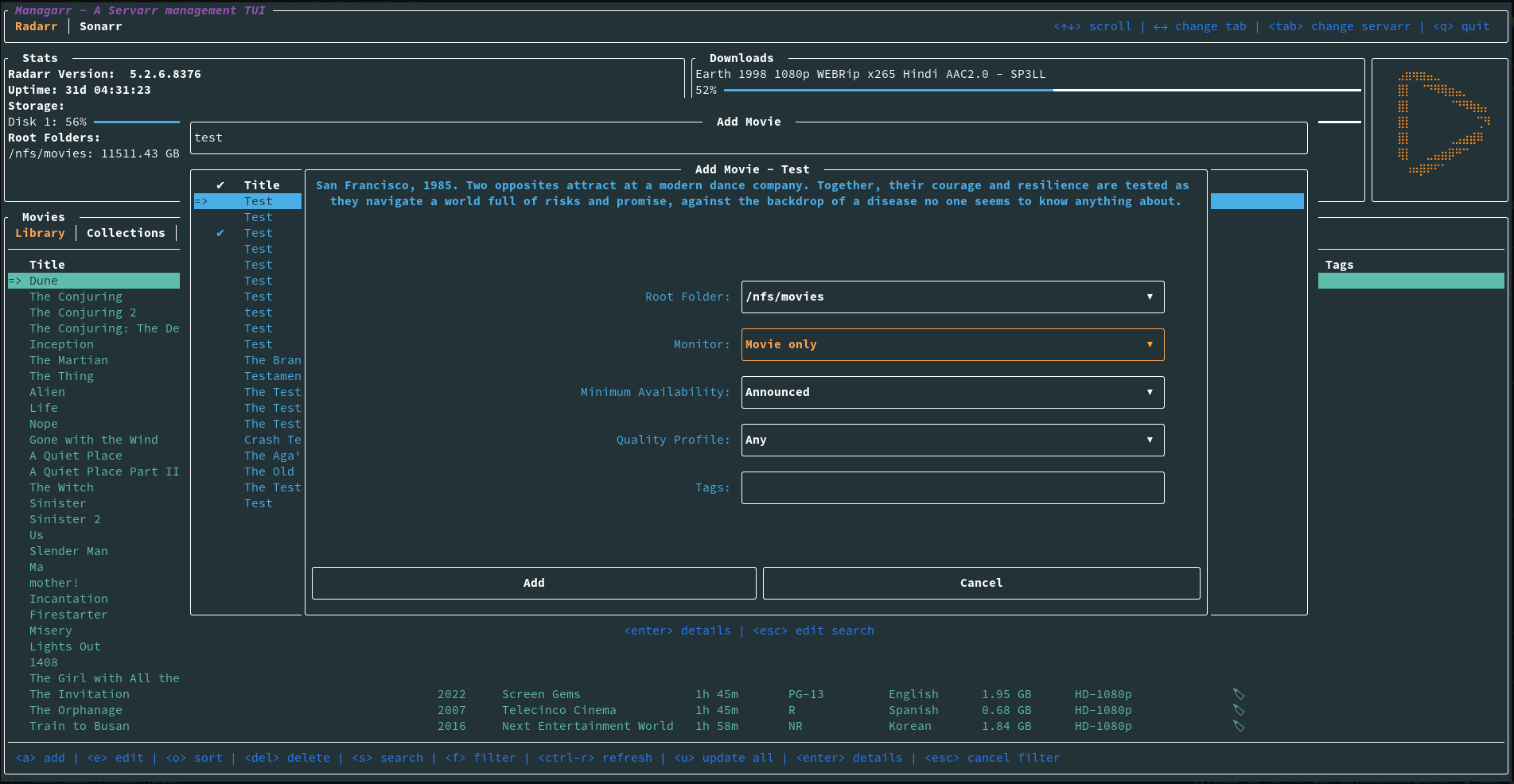Hi! I'm trying to learn Rust, as a little project, I'm trying to build a web scraper that will scrape some content and rebuild it with a static site generator, or using it for making POST requests.
I'm still at a very early stage and I still don't know much, the simplest error handling strategy I know is using match with Result.
To my eyes, this syntax looks correct, but also looks kind of a lot of lines for a simple http request.
I know the reqwest docs suggest to handle errors with the ? operator, which I don't know yet, therefore I'm just using what I know now.
fn get_document(permalink: String) -> Html {
let html_content_result = reqwest::blocking::get(&permalink);
let html_content = match html_content_result {
Ok(response) => response,
Err(error) => panic!("There was an error making the request: {:?}", error),
};
let html_content_text_result = html_content.text();
let html_content_text = match html_content_text_result {
Ok(text) => text,
Err(error) =>
panic!(
"There was an error getting the html text from the content of response: :{:?}",
error
),
};
let document = Html::parse_document(&html_content_text);
document
}
As for my understanding, this is what I'm doing here:
I'm making an http request, if i get a Response, I try to get the text out of the response body, otherwise I handle the error by panicking with a custom message.
Getting the text out of the request body is another passage that requires error handling, therefore I use the match expression again to get the text out and handle the possible error (In what circumstances can extracting the text of a response body fail?).
Then I can finally parse the document and return it!
I wonder if it is a correct and understandable way of doing what I've in mind.
Do you think this would be a suitable project for someone who is at chapter 7 of the Rust book? I feel like i actually need to build somethiong before keep going with the theory!
